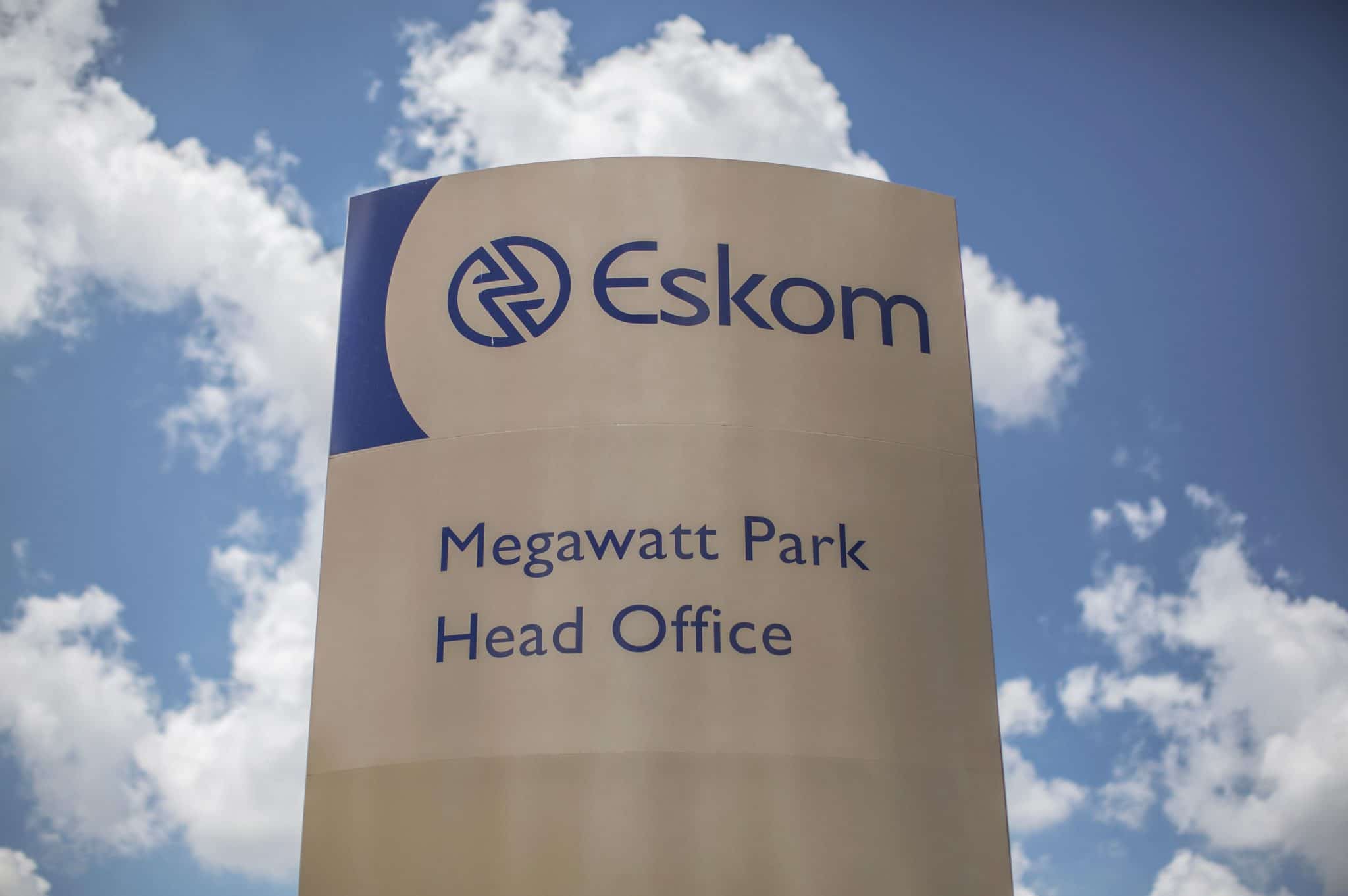SOUTH Africa’s ongoing power outages, a source of growing frustration for residents and a major concern for the government, have taken on a new layer of complexity with accusations of sabotage and potential political manipulation.
At the heart of the issue lies Eskom, the country’s primary electricity supplier, plagued by aging infrastructure, financial woes, and reports of sabotage at its facilities. In 2022, Eskom reported instances of interference at key power stations, including Koeberg, Hendrina, Tutuka, and Camden.
However, the crisis escalated in 2023, with daily outages lasting up to 12 hours becoming the norm. This fueled speculation and suspicion, leading to reports suggesting links between the power sector issues and political figures or parties.
One key focus is the Democratic Alliance (DA), a main opposition party. A leaked letter, allegedly addressed to a DA employee, mentions recommendations for actions in the energy sector, coinciding with the timing of increased power disruptions.
Additionally, DA members reportedly engaged in discussions with representatives from Koeberg Nuclear Power Station, touching on challenges and privatization options.
The DA has publicly advocated for Eskom’s privatization, arguing it could improve management and address sabotage. However, this stance, coupled with the pre-election timing of the outages, has raised questions about potential manipulation of voter sentiment.
Adding another layer of concern are observations that power outages are less frequent in areas where DA leaders reside. This, coupled with the party’s stance on privatization, has sparked discussions about the potential use of energy management as a political strategy.
While technical failures and infrastructure issues remain undeniable factors, the accusations of sabotage and potential political involvement paint a complex picture. This, combined with the upcoming elections, creates a situation where reliable energy supply becomes intertwined with political aspirations and public trust.

